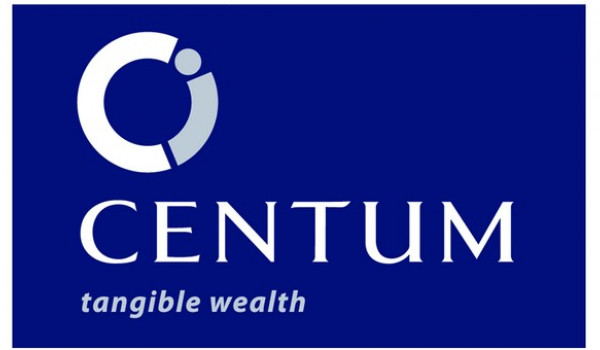Centum Investment Company ( NSE:CTUM ) has announced a dividend policy that will see shareholders receive 30 percent of investment income annually, as the firm moves to make itself more attractive to investors.
The company has said it targets to strengthen its balance sheet by reducing finance costs and operating expenses to below 50 percent of investment income and have another 50 percent pay dividends and the other kept as retained cash.
“The dividend policy is 30 percent of investment income. We should be on track to do that by end of this coming year at the end of the financial year,” James Mworia, the company’s chief executive said at an investor briefing on Tuesday.
The company plans to maintain a zero long-term debt balance to reduce finance costs, while reinvesting shareholder capital into portfolio companies to increase value, before exiting.
The company recorded a marginal drop in debt to Sh4.04 billion in the six months to September compared to Sh4.12 billion in the year ended March. The debt has reduced from Sh14.65 billion in 2017. Finance costs declined by 28 percent to Sh326.96 million over the debt reduction.
The listed firm paid Sh0.33 per share or an aggregate Sh218 million dividends for the financial year ended March 31, despite reporting Sh1.37 billion net loss from a Sh4.63 billion net profit posted in the preceding financial year.
Its portfolio companies include Sidian Bank, Isuzu East Africa, Longhorn Publishers, NAS Servair and Sabis International School in Runda.
“The total operating costs and finance costs aggregate were about 5o percent of investment income compared to almost 90 percent last year. This is significant because the dividend policy has been pegged on investment income so we don’t need to borrow or distribute out of capital gains.”
This comes as the company reported Sh662.10 million in net loss in the half year period ended September 30, compared to S1.98 billion net loss in a similar period last year due to higher investment income and improved performance from its subsidiaries including Longhorn Sidian Bank and Nabo Capital.
